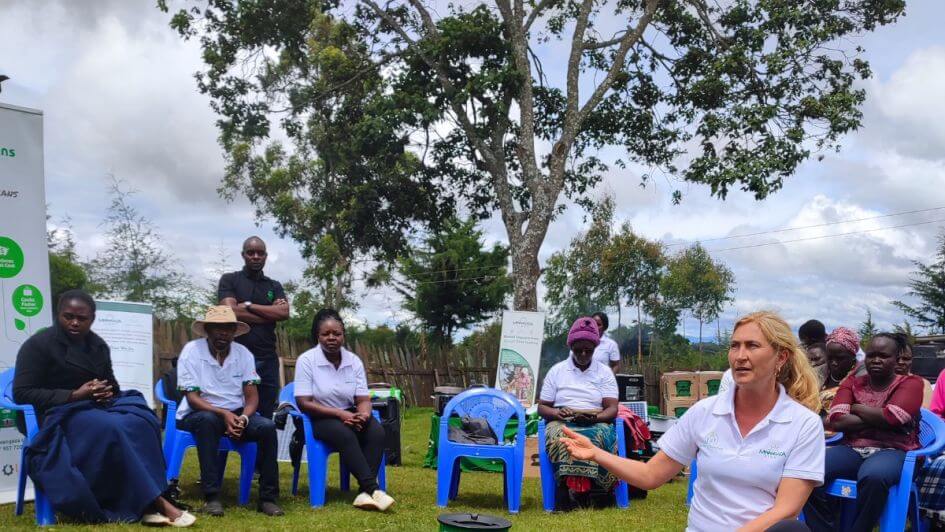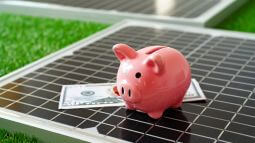Catrine Shroff, an anthropologist turned entrepreneur, is transforming communities through her renewable energy initiative, Mwangaza Light. This venture meets the urgent need for sustainable energy solutions and promotes gender inclusivity in a sector ripe for growth. Her story is a powerful example of how distributed renewable energy can be a catalyst for community development and a center of opportunity for women in marginalized regions of the world.
In the upcoming weeks, Power for All will explore the potential of decentralized renewable energy, or DRE, and its transformative role in bolstering Africa's agrifood system. Amid the ongoing wave of technological innovation, DRE technologies have surfaced as a substantial force capable of modernizing traditional farming methods and fostering a sustainable agricultural ecosystem in Africa.
More than 800,000 Kenyan dairy farmers have no electricity to refrigerate their milk, which means that about 60% of milk in Kenya spoils. Farmers don’t have access to electricity, and they can’t afford diesel generators, which are expensive to operate.
As Earth Day celebrations unfolded across the globe this weekend, Denis Hayes, one of the founders of Earth Day, expressed his dismay at the "appalling" environmental messaging and greenwashing by oil and gas companies. At the same time, Big Oil continues to invest millions in marketing campaigns aimed at coopting climate change coverage to diminish its impact, despite minimal investment in genuinely sustainable activities.
The latest IPCC report on climate change, released in March 2023, warns of "widespread and rapid" changes needed to limit global warming to 1.5 degrees Celsius and avoid the worst impacts of climate change. According to an article in The Conversation, "climate damage is worsening faster than expected" and the situation is dire. The report highlights the urgent need for action on climate change, including reducing greenhouse gas emissions and increasing resilience to the impacts of climate change.
 Platform for Energy Access Knowledge
Platform for Energy Access Knowledge Explore the best energy access idata and thinking with PEAK, our powerful interactive information exchange platform.







